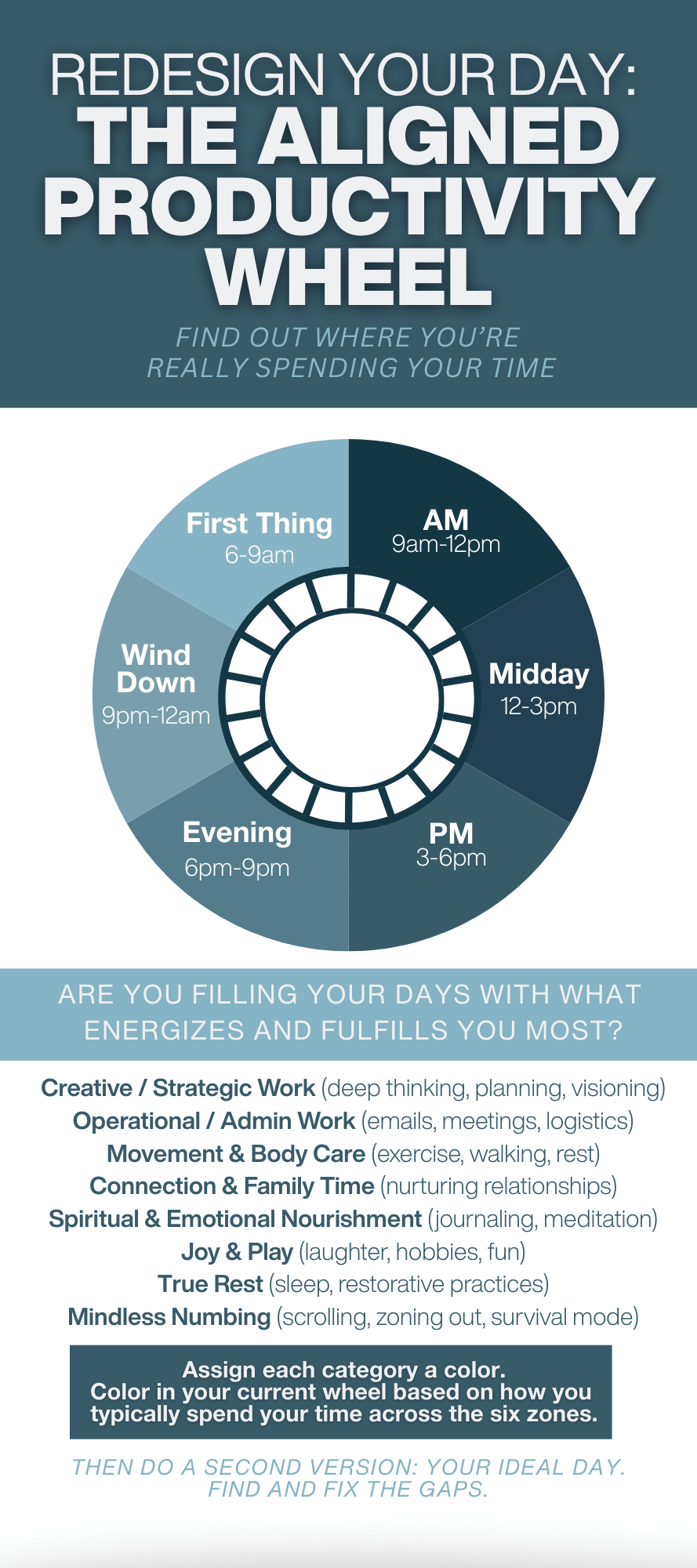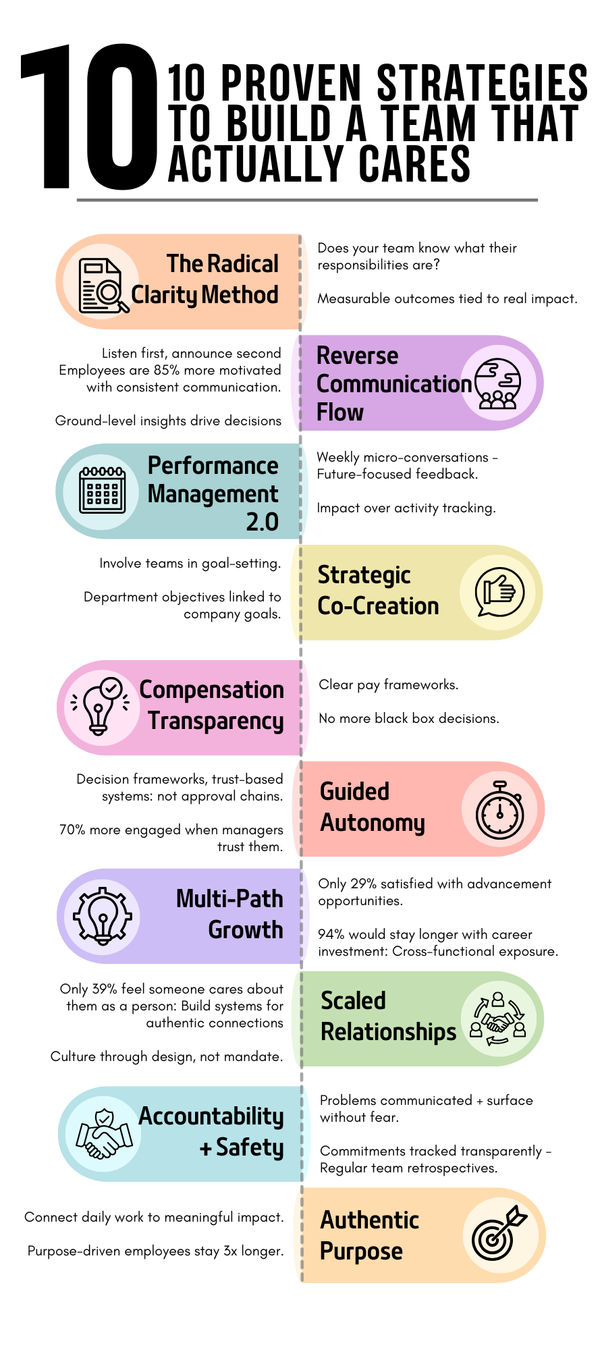
Do you ever get the feeling that you're an inactive participant in your own life? This loss of control is frustrating and stressful; to fight it, the key is to be resilient, not reactive.
"Resilient people feel a greater sense of control over their lives," says Robert Brooks, a Harvard Medical School professor of psychology and the co-author of The Power of Resilience: Achieving Balance, Confidence and Personal Strength in Your Life. "Also, because of their optimistic outlook, they are more likely to develop and maintain positive relationships with others.
Reactive individuals, on the other hand, are more susceptible to stress due to this lack of control.
1. Nix the notifications (when you can).
[contextly_auto_sidebar id="KqTFhbxF0mFtxjwkdXybXYjswJBbdmHE"]Email and text notifications on your smartphone force you into reactive mode, which spoils opportunities to recharge. Disabling these interruptive notifications while you're with family -- or, better yet, putting your phone away altogether -- is a simple step to help you develop resilience.
Many of us need to have our phones on during business hours. That said, I recommend blocking out at least a few hours of uninterrupted time to focus on important work. If you use shared calendars at work, create a "meeting" in your calendar to make this time official and convey its importance to your colleagues.
2. Take positive action.
Instead of focusing on the negatives of a situation, which will only paralyze you into inaction, examine new possibilities and areas of improvement. Then -- and this is the most important part -- take action.
It's easy to focus on near-term, immediate solutions; challenge yourself to zoom out and look at the big picture.
In the context of your life and career, how are you making progress on your goals? Can you identify emerging patterns, either at work or elsewhere in your life, that you could optimize? If so, what's the first step to take action?
Think about a time where you were strong and resilient in the past. What did you do then to survive and thrive? Can you apply a similar strategy to your current scenario?
Sometimes this introspection indicates that you should bail on a bad situation entirely. If a particular goal is unattainable, this might be a good thing after all.
"[People who quit unattainable goals] have, for example, less depressive symptoms, less negative affect over time," says Concordia University professor Carsten Wrosch in Think Like a Freak: The Authors of Freakonomics Offer to Retrain Your Brain. "They also have lower cortisol levels, and they have lower levels of systemic inflammation, which is a marker of immune functioning. And they develop fewer physical health problems over time."
3. Look out for No. 1 (that's you).
The instinct when we're in a stressful situation is to keep cranking away. Resilience requires that you immediately recognize a difficult situation, step back and take care of yourself. Get plenty of sleep and rest. Eat a nutritious, balanced diet. And don't forget about fitness.
"People who stay physically strong tend to be more emotionally resilient," says Ani Kalayjian, EdD, DSc, DDL, a New York City psychologist.
Listen to your body and what recharges you best. Some do best when they're in solitude, whether through journaling, reading, pushing through a challenging workout or watching trashy TV. Others reinvigorate when they spend time with loved ones.
Conclusion
Resilience is a learned skill, and you won't build competency overnight. But like any other learned skill, building awareness, recognizing opportunities and taking corrective actions will help you make each day better than the last.










Member discussion